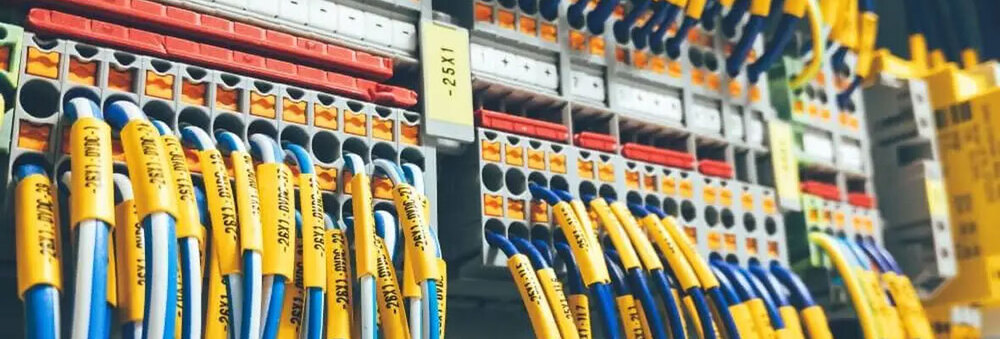
Electrical Insulation System
An Electrical Insulation System (EIS) is the backbone of reliability in motors, generators, transformers, and other electrical equipment. It consists of a carefully engineered combination of insulating materials that work together to provide electrical, mechanical, thermal, and environmental protection for windings and conductors.
By selecting the right insulation system, equipment can achieve higher efficiency, extended service life, and improved safety under demanding operating conditions.
Key Benefits:
-
High dielectric strength and electrical reliability
-
Excellent thermal endurance (up to Class 220 and beyond)
-
Superior resistance to moisture, chemicals, and mechanical stress
-
Enhanced energy efficiency and performance
-
Extended equipment life cycle
Typical Components of an EIS:
-
Wire Enamels - primary insulation on copper/aluminum conductors
-
Flexible Insulation Materials - films, laminates, and papers
-
Impregnating Resins - varnishes for void filling and mechanical strength
-
Casting & Potting Compounds - for full encapsulation and protection
-
Adhesives & Sealants - for bonding and environmental resistance
Applications:
-
Low- and high-voltage motors
-
Generators
-
Power and distribution transformers
-
Automotive and traction systems
-
Industrial and household appliances